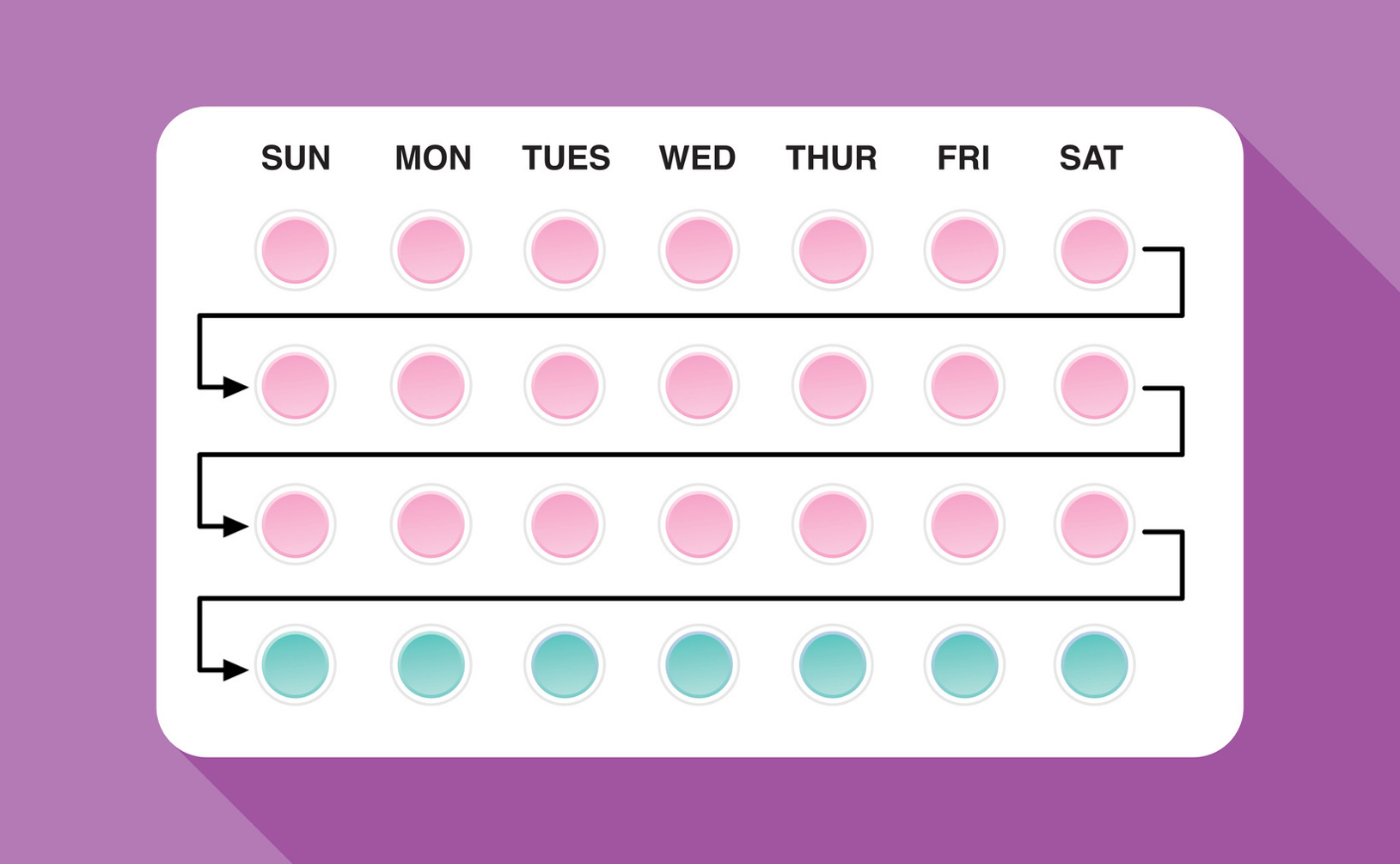Many common medications, like those for allergies and pain, have moved from behind the pharmacy counter into the aisles. And soon, birth control could, too.
In what would mark a first, HRA Pharma asked the Food & Drug Administration for permission to sell over-the-counter birth control pills without prescriptions, as part of a broader effort to expand access.
Though the French drug maker said the timing had nothing to do with the reversal of the landmark abortion ruling Roe v. Wade, the news comes amid bitter battles over women’s reproductive rights. Here’s what we know.
How an over-the-counter pill would work
HRA Pharma has submitted an application for the approval of a hormonal oral contraceptive, known as Opill. Though it was first approved by the FDA in 1973 on a prescription basis, it hasn’t been sold in the U.S. for more than a decade.
But just how soon will it be available? Though the FDA still needs to hold a public meeting to evaluate HRA’s application before making a decision, the drugmaker expects the review process to take about 10 months. There are still some unanswered questions, including whether the FDA will put any age restrictions on the pills.
HRA is also not the only drugmaker seeking the FDA’s stamp of approval: Cadence Health also has an OTC oral contraceptive in the works and is conducting some additional studies before it submits its own application.
Are prescription-free pills safe?
Even though over-the-counter birth control is available in more than 100 countries (including South America and Asia), women in the U.S. still have to visit their doctor and get a prescription to use it for preventing unwanted pregnancies. Though that restriction has been mostly due to concerns about the development of rare blood clots, HRA Pharma compiled years of research demonstrating that women can use the pill by themselves effectively and safely.
“For a product that has been available for the last 50 years, that has been used safely by millions of women, we thought it was time to make it more available,” said Frederique Welgryn, HRA’s chief strategy officer said in a statement.
What’s next for the OTC pill
Reproductive rights advocates are now hoping other oral contraceptives, and eventually, abortion pills, make the switch to over-the-counter. Of course, there are concerns about its use that could turn into another political battle, and put the FDA under a similar pressure that it faced in 2006 when it approved the emergency contraception pill Plan B for over-the-counter use.
But advocates and lawmakers alike remain hopeful that HRA Pharma’s birth control pill will get approval from federal regulators, and help give women options when it comes to taking charge of their reproductive health at a time when it seems most at risk.
“This is not a substitute for access to abortion care in the U.S.,” Susan F. Wood, a former assistant commissioner for women’s health at the FDA, told The Washington Post, “but this will provide one more tool for the toolbox for preventing unintended pregnancies and more options for family planning.“









